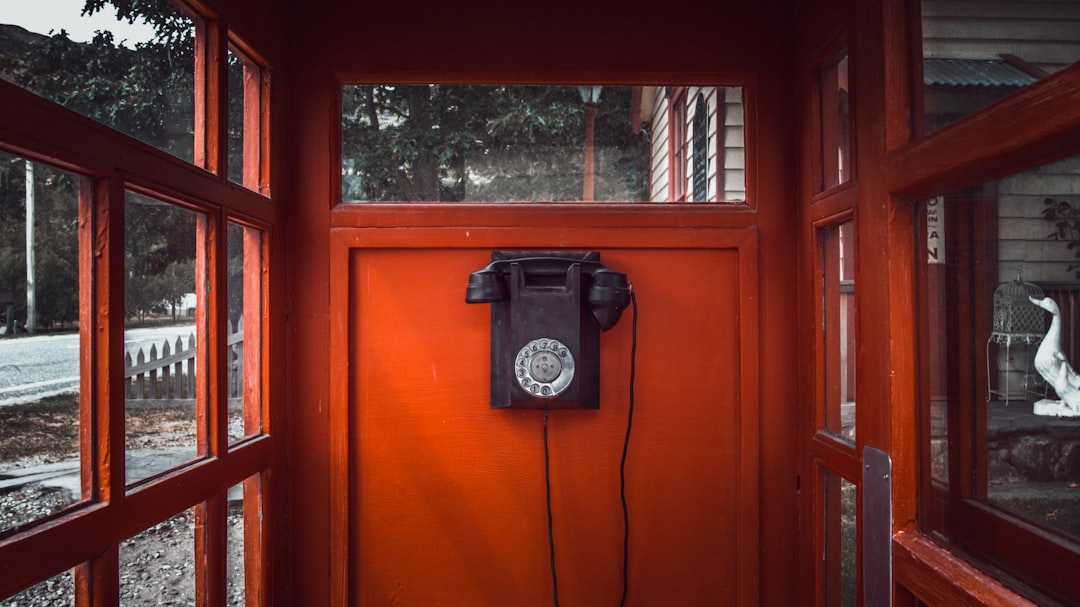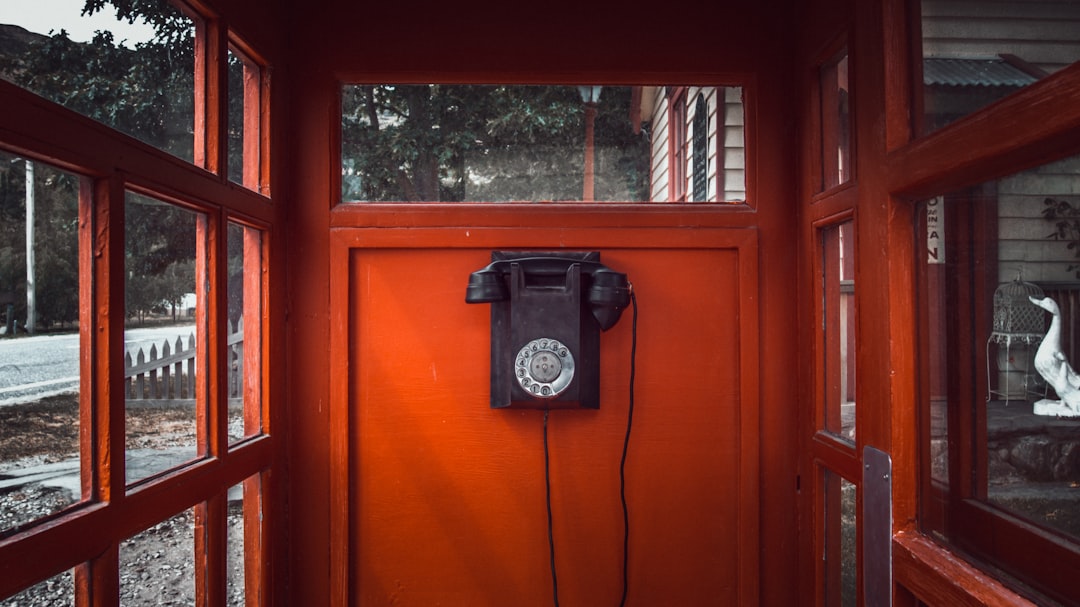Connecticut's robocall laws align with federal TCPA guidelines, prohibiting automated calls to registered numbers without consent. Residents can protect themselves using blocking apps that leverage algorithms and machine learning to identify and block malicious calls. To maximize effectiveness, users should grant app access to call history, regularly review blocked calls, customize sensitivity settings, create whitelists, and stay updated with app updates.
In Connecticut, understanding and adhering to robust robocall laws is essential for residents aiming to curb unwanted automated calls. With strict regulations in place, knowing your rights and available tools becomes paramount. This article guides you through the process by first explaining the relevant robocall laws in Connecticut. We then present the top free blocking apps tailored for CT users, offering an effective solution to manage these intrusions. Learn how to leverage these apps to regain control of your phone lines.
Understanding Robocall Laws in Connecticut

In Connecticut, robocall laws are designed to protect residents from unwanted automated phone calls. The state’s regulations mirror federal guidelines established by the Telephone Consumer Protection Act (TCPA), which restrict companies from making automated calls to telephone numbers listed on the National Do Not Call Registry. Furthermore, Connecticut law prohibits these calls unless the caller has obtained prior express consent from the recipient. This means that if you haven’t given permission for your number to be contacted by robocalls, they are legally prohibited. Understanding these laws is crucial for Connecticut users looking to protect their privacy and reduce unwanted interruptions. By knowing their rights, residents can take proactive steps, such as using blocking apps, to mitigate the issue of intrusive robocalls.
Top Free Robocall Blocking Apps for CT Users

In today’s digital era, Connecticut users face a constant barrage of unwanted robocalls, driven by evolving robocall laws and tech advancements. Fortunately, top free robocall blocking apps offer effective solutions to navigate this landscape. These applications leverage advanced algorithms and machine learning technologies to identify and block malicious calls, ensuring a quieter, safer communication experience.
Among the best free options for CT users are apps renowned for their robust blocking capabilities and user-friendly interfaces. They seamlessly integrate with existing phone systems, automatically filtering out robocalls while allowing legitimate contacts. By utilizing these cutting-edge tools, Connecticut residents can better protect themselves against deceptive practices, in line with state robocall laws, and reclaim control of their communication channels.
How to Effectively Use Your Chosen App

To effectively use your chosen robocall blocking app, start by allowing access to your phone’s call history and contacts. This enables the app to learn and identify spam calls. Regularly review the blocked calls list to ensure the app is accurately filtering out unwanted robocalls. Many apps offer customization options; take advantage of these to adjust sensitivity levels or create whitelists for known reliable numbers. Stay updated with regular app updates, as developers often incorporate new features and improve accuracy based on user feedback and changes in robocall trends under Connecticut’s robocall laws.






